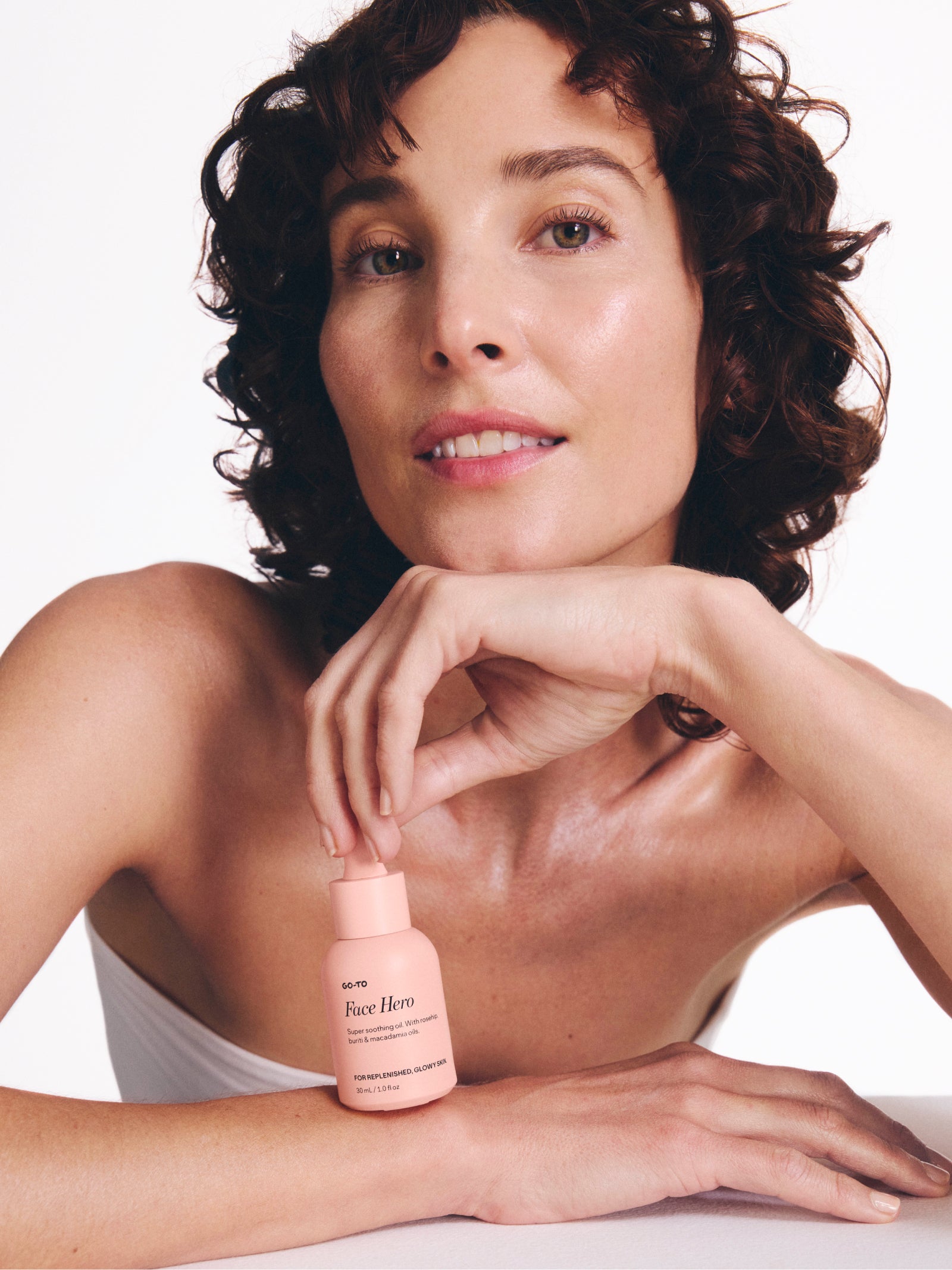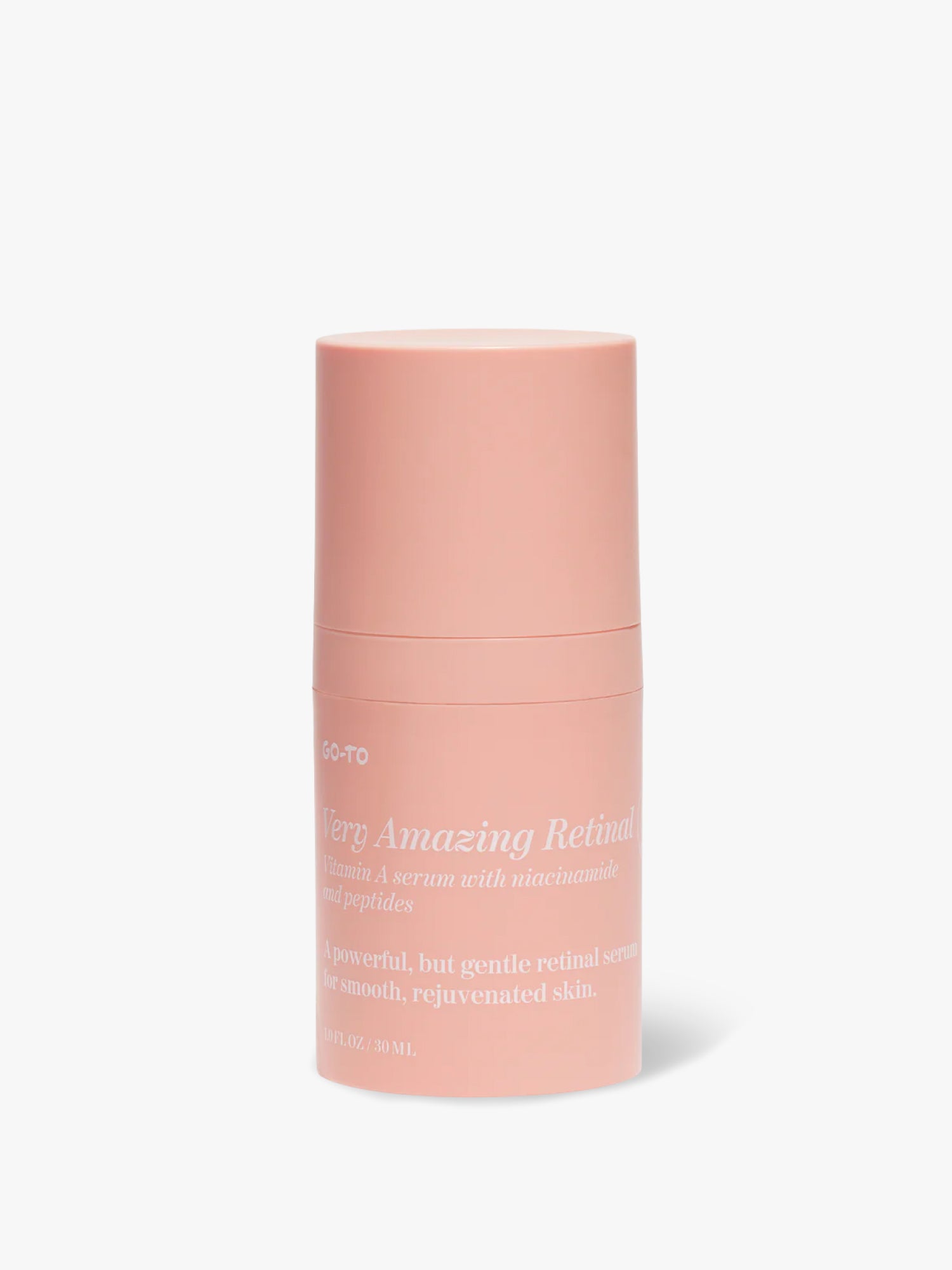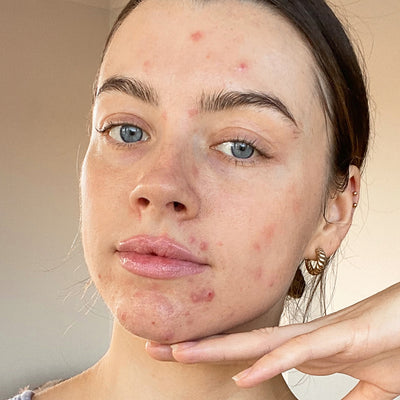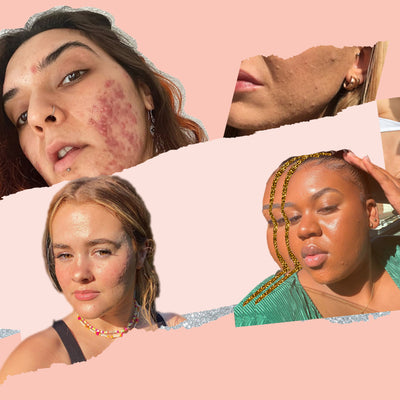A very wise, very influential woman once said, “exercise gives you endorphins. Endorphins make you happy. Happy people just don't shoot their husbands, they just don't.”
And it’s true. Kinda.
Runner’s high is real and you can thank endorphins for that but hugs, dark chocolate, yoga, meditation are also great things we can enjoy that also boost the body’s happiness chemicals too.
And it’s likely that if you’ve ever consumed/practiced/engaged in any of the above, you’ve felt the effects of these so-called ‘happiness chemicals’, which circulate throughout our body, boosting your mood and increasing pleasure.
Rather than just talk about hacking our happiness hormones, we asked Sydney-based clinical psychotherapist and psychologist, Noosha Anzab, about how we can safely activate these chemicals and she repaid us with some endorphin-raising tips.
What are the happiness chemicals?
There are four happiness chemicals—dopamine, serotonin, endorphins and oxytocin—each with different functions and responsibilities within the body.
Dopamine
Often referred to as the ‘Happy Hormone’, dopamine is a neurotransmitter found in the brain that has a wide range of effects in our nervous system.
“It can impact thought, feeling motivation and behaviour,” says Noosha. “Some of the neural pathways of dopamine are involved in emotional arousal, experiencing pleasure, and learning that some behaviours can be associated with a reward, whilst other pathways impact our movement, attention and decision making—just to name a few!”
However, there are some caveats to keep in mind when it comes to dopamine, as this happiness hormone is often associated with addictive behaviour.
“Dopamine is important because as we engage in a task, and dopamine is released, we can experience pleasure,” Noosha elaborates. “However, this can happen in the wrong moment, and can cause a reinforcement in sensation seeking behaviour. The idea is that dopamine being released can help us experience pleasure, and then we can constantly seek to satisfy our craving for it, causing addiction.”
She continues: “It’s so important to understand that we don’t experience dopamine because we get a reward, we experience dopamine because we think we are heading in the ‘reward’ direction.”
How to activate dopamine:
“We can engage in things as simple as intermittent reward scheduling,” Noosha advises. “This means we celebrate our big wins here and there, rewarding ourselves every other time. This prevents a dopamine crash, which is that nagging ‘what next’ feeling.” She adds that eating a good meal and ticking annoying tasks off your to-do list can also increase dopamine.
Serotonin
“A neurotransmitter and a hormone that plays a huge role in mood, sleep, eating, arousal and pain,” Noosha explains. “90% of Serotonin is produced in the gut and leads to our blood (acting as a hormone), and the other is produced in the brainstem which leads to our brain (acting as a chemical messenger).”
Serotonin is often referred to as a mood stabiliser and can aid in regulating feelings of anxiety and happiness.“This is a really important chemical and neurotransmitter because normal levels allow more focus, and greater mental health. A decrease in serotonin or low levels indicate behavioural or emotional disorders such as depression, obsessive-compulsive disorder and anxiety.”
How to activate serotonin:
Exercise, sunshine (ever heard of Seasonal Affective Disorder?) and L-tryptophan rich foods such as oats, nuts, cheese and chocolate can all help increase serotonin. Noosha adds that “medication can also help activate serotonin which can be done under the guidance of your general practitioner or a psychiatrist”.
Endorphins
As Elle Woods taught us, a wealth of endorphins are less likely to land you in jail for allegedly murdering Hayworth Windham. These chemicals are often referred to as ‘pain killers’ and are known to do just that while elevating your mood.
“If you experience numbness after tearing a muscle, or if you experience runner’s high—it’s from endorphins,” Noosa explains. “Now, even though endorphins are usually released as a response to pain or stress, they can also be released during sex, exercise or eating. They’re important as they can also cause an increase in dopamine, hello happiness!”
How to activate endorphins:
You know what’s coming: regular exercise, particularly any type that gets your heart rate high, is great for feeling that rush of endorphins. Otherwise, eating dark chocolate, yoga, meditation and even laughter (it’s the best medicine, we hear) are easy ways to boost your endorphins too.
Oxytocin
This hormone can also help reduce cortisol release, build trust, bond and experience feelings of gratitude. “[This] powerful hormone that acts as a neurotransmitter,” Noosha clarifies. “This chemical and messenger is often involved in social behaviours, forming bonds, sexual pleasure, labour and maternal behaviour.”
“It helps elevate our mood and is now being linked to increased social information processing,” Noosha continues. “Oxytocin usually physiologically rewards us by providing a general feeling of wellbeing, relaxation, and psychological stability.”
How to activate oxytocin:
“Oxytocin can skyrocket through touch so loads of cuddling and mindful sex, but it doesn’t have to stop there,” says Noosha, adding, “we can boost our oxytocin levels by listening to music, meditating, volunteering, and socialising.”















Comments